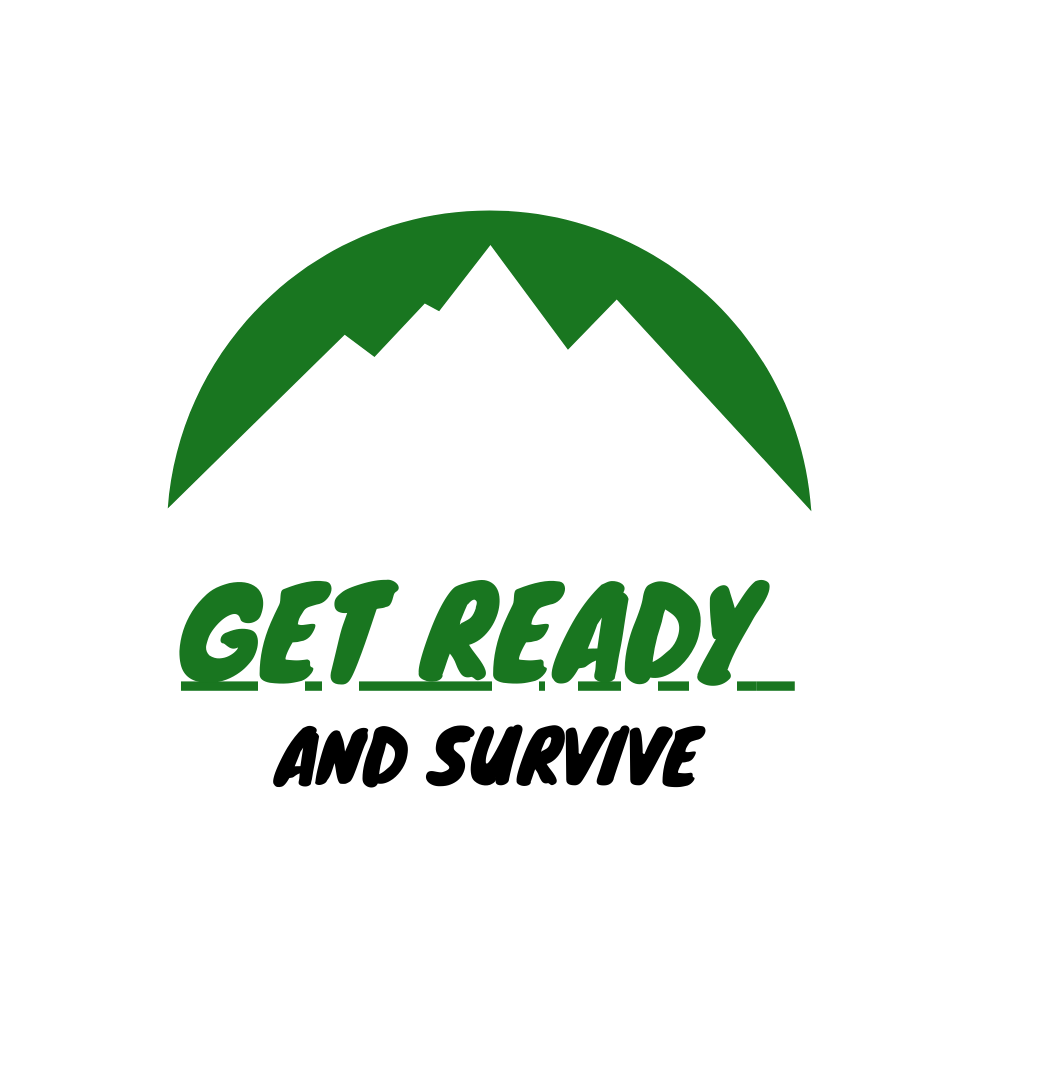In an increasingly unpredictable world, prepping has become a proactive strategy for many individuals seeking to safeguard themselves and their loved ones. Whether you're new to prepping or looking to enhance your existing stockpile, it's crucial to prioritize the right items. Here’s a comprehensive guide to essential items every prepper should consider adding to their stockpile.
1. Water and Water Filtration Systems
Why It’s Essential: Water is the most critical resource for survival. In a disaster scenario, access to clean water can be compromised.
What to Stockpile:
- Bottled Water: Aim for at least one gallon per person per day for a minimum of two weeks.
- Water Filters: Consider portable filters like the LifeStraw or Berkey systems.
- Water Purification Tablets: These are a great backup in case your primary filtration system fails.
2. Non-Perishable Food
Why It’s Essential: Non-perishable foods provide long-term sustenance and are crucial when access to fresh food is limited.
What to Stockpile:
- Canned Goods: Vegetables, fruits, meats, and soups. Rotate your stock regularly.
- Dry Goods: Beans, rice, pasta, oats, and powdered milk.
- Freeze-Dried Foods: They have a long shelf life and can be lightweight and compact.
3. Medical Supplies
Why It’s Essential: In emergencies, medical care may be delayed or unavailable, so having a well-stocked medical kit is vital.
What to Stockpile:
- First Aid Kit: Include bandages, antiseptics, pain relievers, and any prescription medications you may need.
- Over-the-Counter Medications: Stock pain relievers, allergy medications, and digestive aids.
- Special Medical Supplies: If you or someone in your household has specific medical needs, ensure you have the necessary supplies and medications.
4. Tools and Equipment
Why It’s Essential: Tools can help with repairs, creating shelter, and managing your environment in an emergency.
What to Stockpile:
- Multi-Tool or Swiss Army Knife: Essential for a range of tasks.
- Flashlights and Batteries: Opt for LED flashlights for longer battery life.
- Portable Generator: A reliable source of power, especially if the grid goes down.
5. Personal Hygiene Products
Why It’s Essential: Maintaining hygiene is critical for health and morale during extended periods of isolation or emergency.
What to Stockpile:
- Toilet Paper and Sanitation Supplies: Consider alternatives like biodegradable bags or portable toilets.
- Soap and Hand Sanitizer: Essential for preventing illness.
- Feminine Hygiene Products: Ensure you have a sufficient supply for women in your household.
6. Clothing and Bedding
Why It’s Essential: Proper clothing and bedding can protect you from the elements and keep you comfortable.
What to Stockpile:
- Seasonal Clothing: Ensure you have warm clothing for cold weather and light clothing for hot conditions.
- Sleeping Bags and Blankets: Opt for high-quality, durable options that can keep you warm in various conditions.
- Extra Footwear: Durable, comfortable shoes or boots are essential for mobility and protection.
7. Communication Devices
Why It’s Essential: Staying informed and connected is crucial during a crisis.
What to Stockpile:
- Battery-Powered or Hand-Crank Radios: For weather updates and emergency broadcasts.
- Two-Way Radios: Useful for communicating with others in your group if cell networks are down.
- Backup Charging Devices: Solar chargers or power banks to keep your devices functional.
8. Survival Gear
Why It’s Essential: Survival gear helps you manage various emergency situations effectively.
What to Stockpile:
- Fire Starting Kits: Waterproof matches, lighters, and fire starters.
- Emergency Blankets: Compact and designed to retain body heat.
- Shelter Supplies: Tarps, paracord, and space blankets for creating makeshift shelters.
9. Important Documents and Cash
Why It’s Essential: In a crisis, access to important documents and cash can be crucial for making necessary arrangements.
What to Stockpile:
- Important Documents: Keep copies of identification, medical records, and insurance information in a waterproof container.
- Cash: Have small denominations of cash on hand, as electronic payment systems may not be functional.
10. Knowledge and Skills
Why It’s Essential: Knowing how to use your supplies effectively can make a significant difference in a crisis.
What to Stockpile:
- Survival Guides: Books or manuals on first aid, survival skills, and self-defense.
- Skills Training: Consider learning essential skills like CPR, basic mechanics, or gardening.
Final Thoughts
Stockpiling is not just about accumulating supplies; it’s about preparing to ensure you and your loved ones are safe and self-sufficient in times of uncertainty. Regularly review and update your stockpile, practice using your equipment, and stay informed about potential risks to ensure your preparedness is always top-notch. Remember, the goal is not just to survive but to thrive in any situation that comes your way.


